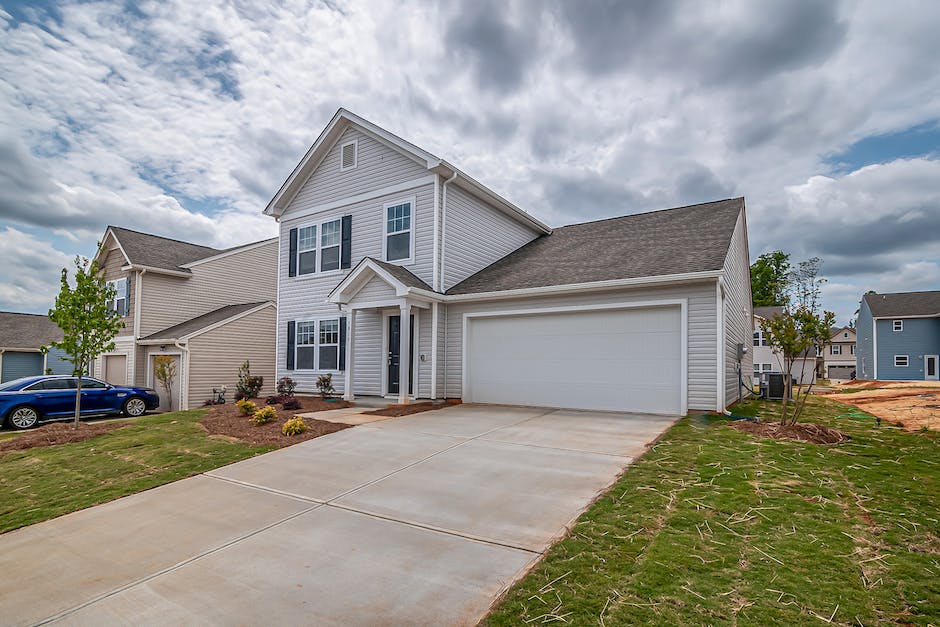Garage doors are essential in keeping our homes and vehicles safe, but too many of us take them for granted. Most garage doors look simple, so it can be easy to forget that they consist of complex moving pieces. When any of these pieces corrode or fall out of place, it can affect the entire mechanism.
Everyone has had their fair share of garage door problems, but emergencies may compromise your safety or leave you stranded. That’s why we’ve created this guide to the three most common emergency garage door repairs. Read on to find out more and what you can do about these problems.
1. Garage Door Won’t Close Fully
A garage door that won’t close all the way is the last thing you want to worry about when you’re rushing to leave the house. Leaving it open isn’t an option either – that’s like inviting the whole world to come inside and pick apart your home. 9% of thieves gain access to a home through the garage door.
If you have a motion-activated garage door, ensure nothing is obstructing the sensors. Some models have emergency release levers for such situations. If this doesn’t work for you, get a professional to diagnose and fix the problem.
2. Noisy Garage Door
Nobody likes the sound of banging or screeching. If your garage door is making these sounds, it can be uncomfortable for you and your household. You may be even more concerned if you work late and come home during the late hours of the night.
One quick way to troubleshoot a noisy garage door is to lubricate its components. The hinges, springs, and rollers can get rusty over time, resulting in a squeaky, rattling, or grinding noise. It may also be time to switch out the weather stripping around your garage door.
Of course, there may be issues with the components themselves. Other parts of the mechanism may be old or damaged, causing your garage door to strain when closing or opening. In this case, consulting with a professional is best.
3. Faulty Garage Door Springs
Garage doors have two types of springs: torsion and extension springs. These springs are available on both automatic and manual garage doors, serving to counterbalance their weight. Springs need periodic adjustments to keep your garage door in working order.
It may also help to check if you need to replace your garage door springs. Springs should last a few years, but rust and temperature fluctuation could weaken and damage the component. If you have faulty springs, the best thing you can do is to contact a garage door specialist.
Replacing garage door springs on your own can be dangerous due to the amount of tension they have. If the springs break unexpectedly, it could harm you or damage your property.
Get Emergency Garage Door Repairs in Sacramento
Garage doors are susceptible to wear and tear over time. If your garage door has started acting up, you may be dealing with one of these emergency garage door repairs.
Looking for a residential garage door repair specialist in Sacramento? That’s where we come in. Fill out All-Pro Overhead Door’s contact form, and we’ll get back to you as soon as we can!


